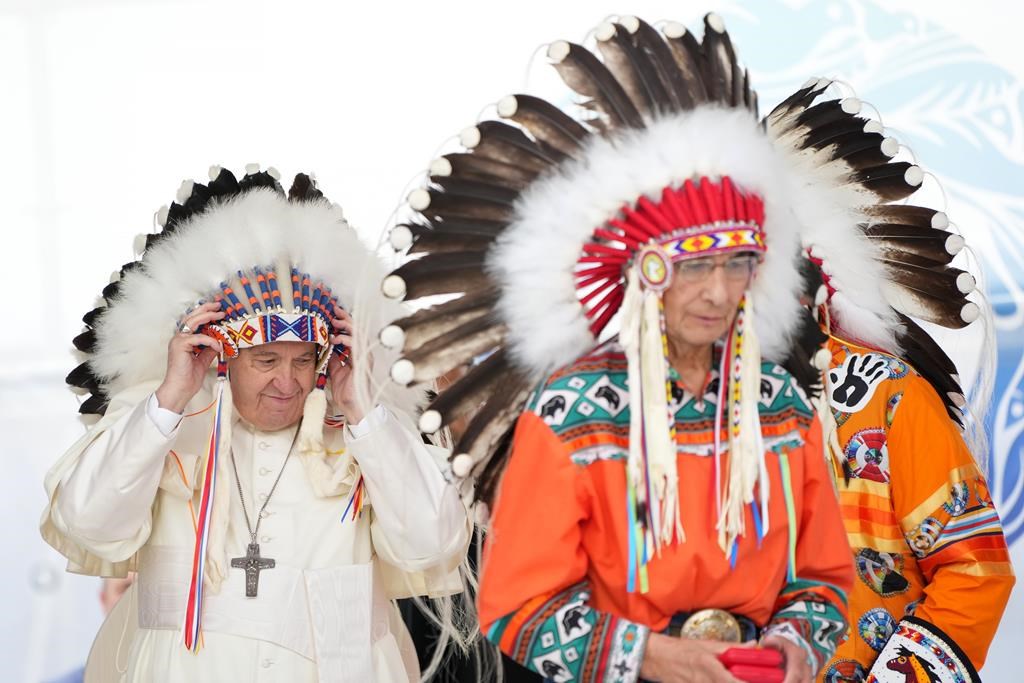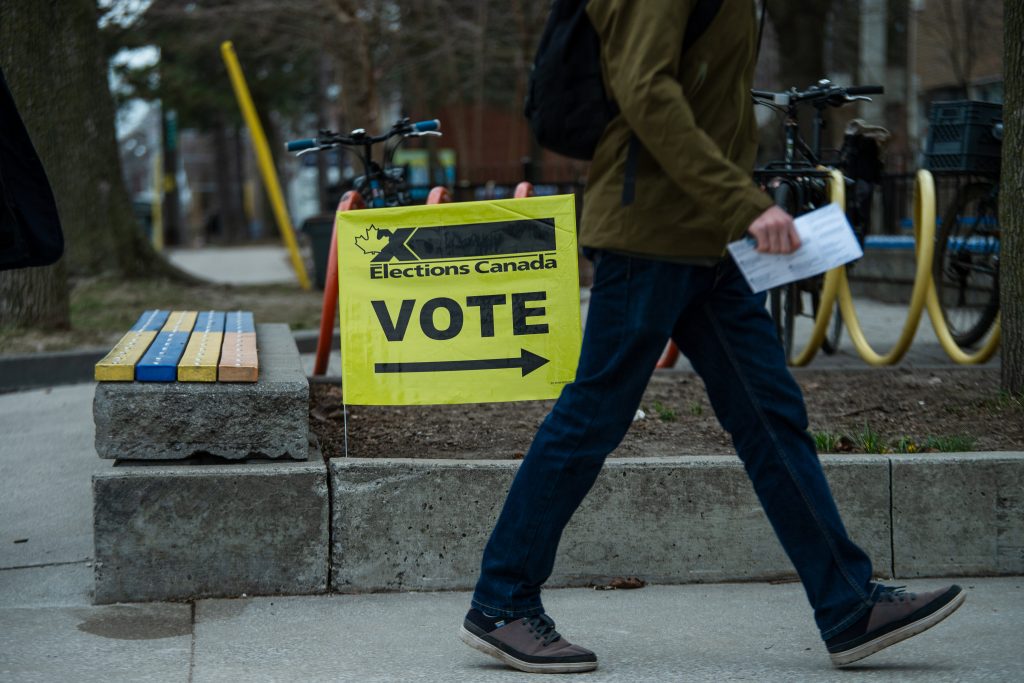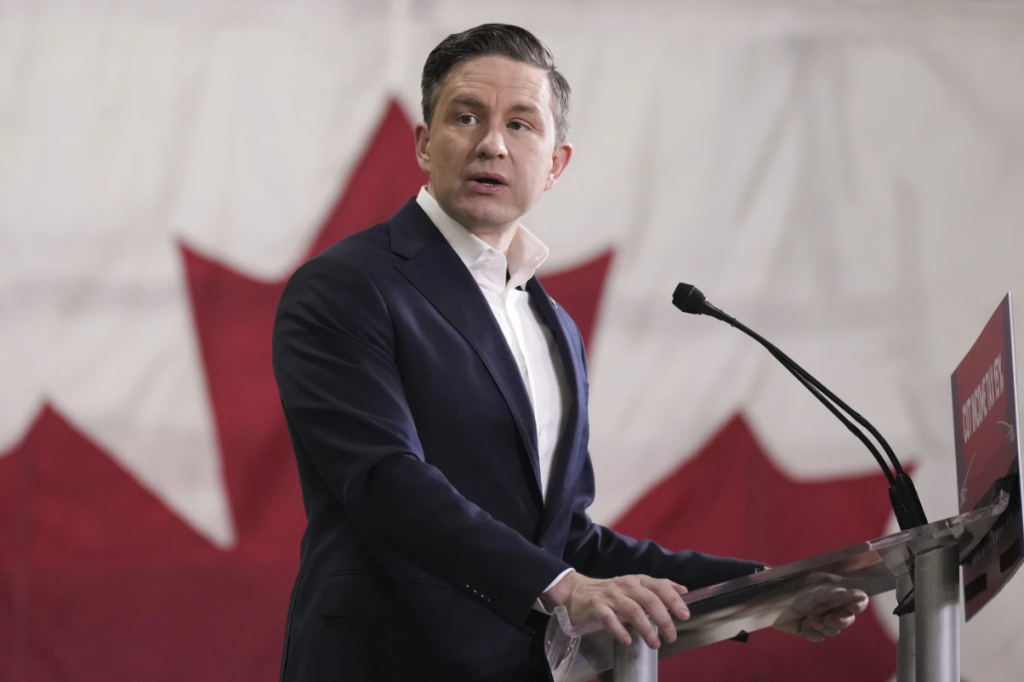Nearly three years have passed since Pope Francis visited Canada to apologize for the Catholic Church’s involvement in residential schools, yet the memories of that significant day continue to resonate with many Indigenous survivors. Piita Irniq, a former politician and residential school survivor, emphasized the lasting impact of the pope's apology during an interview following the announcement of his death at the age of 88.
Irniq attended the pope’s final stop in Canada, which took place in Iqaluit in July 2022 as part of what was termed his “penitential pilgrimage.” Irniq was forced to attend a residential school in Chesterfield Inlet (now Nunavut), where he experienced the loss of his Inuit culture and language and suffered abuse. When the pontiff arrived, he was greeted by survivors sharing their stories and displaying traditional practices such as dancing, drumming, and throat singing—activities that had been prohibited in residential schools.
Reflecting on the encounter, Irniq expressed a deep respect for Pope Francis, stating, “He came to talk to us, he wanted to hear us and he wanted to feel what we had in mind as survivors of residential school.” He highlighted the importance of performing a drum dance for the pope as a demonstration of resilience against assimilation efforts. Irniq also presented the pope with a handmade drum crafted with his son.
After years of advocacy for a papal apology on Canadian soil, Francis committed to this gesture in the spring of 2022. Phil Fontaine, the former national chief of the Assembly of First Nations, characterized the pope as a “man of his word,” praising him for his humility, courage, and role in instilling hope for reconciliation among the Indigenous Peoples, particularly those who survived residential schools.
Fontaine, who was among the first to publicly share his awareness of abuse in residential schools during a 1990 recounting of his own experiences, played a significant role in this journey toward reconciliation. Approximately 150,000 Indigenous children were forced to attend these schools, with over 60% of them overseen by the Catholic Church. Both Fontaine and Irniq had previously traveled to the Vatican in 2009 to urge former Pope Benedict for an apology, which was not granted. This led to a call to action in the Truth and Reconciliation Commission’s final report released in 2015, prompting further appeals to the Vatican.
The 2022 visit saw Francis express genuine remorse for the abuses perpetrated by members of the church and for the cultural destruction inflicted upon Indigenous communities. Fontaine noted that the pope's request for forgiveness offered some measure of relief on the reconciliation path for many survivors. Although some Indigenous people felt the apology was insufficient, citing his lack of explicit acknowledgment of specific crimes, others pressed for actionable commitments rather than mere words.
Fontaine asserted the need for the church to maintain its commitment to truth and reconciliation, emphasizing the importance of returning sacred artifacts to Indigenous Peoples. Efforts are currently underway to collaborate with a Vatican representative for the repatriation of these items, with Fontaine remaining optimistic that the pope’s death will not hinder this initiative.
In Vancouver, Jocelyne Robinson, who identifies as Algonquin Anishnaabe, attended Easter mass at Holy Rosary Cathedral, where parishioners expressed their sorrow over the pope’s death. She underscored the significance of the pope's reconciliation endeavors and believed that his legacy would greatly influence future dialogues on this subject.
Rev. Cristino Bouvette, pastor at Sacred Heart Parish, reported ongoing grassroots efforts to foster reconciliation with Indigenous Peoples. He noted that the conversations initiated during the pope’s visit continue to be relevant as nearly three years have passed since it took place. Bouvette, who identifies as Italian, Cree, and Métis, reflected on the deep personal connection he feels to the events leading up to the papal visit, reiterating that it is an unforgettable experience for him as a Catholic priest.












